Born in Maarssen, The Netherlands • Birth year 1992 • Studied Mathematical Sciences at Utrecht University, The Netherlands • Highest degree PhD from the Delft University of Technology, The Netherlands • Lives in Bilbao, Spain • Occupation Postdoctoral Researcher at BCAM
Many of my career choices were made within a context that differs from my cis peers: for one, I entered academia not knowing that I was a woman. Women, or rather those labeled as such, have to seek out their inspiration by themselves, first having to unlearn the twisted traditions of our patriarchy, whereas those labeled as men are told that the sky is the limit. I cannot say that I enjoyed that privilege, though. It only made me deeply ashamed about exploring my identity, wanting to avoid it at all costs.
What I wanted above all else was to feel normal, but having to deal with being a trans woman in math did not feel normal at all.
My first puberty was rough, and I coped with it by indulging this avoidant nature. Doing math kept me in a state of hyperfocus, and so, distracting myself from the bleak outlook the real world had offered me, I took a deep dive into the abstract realm of pure mathematics. I wanted to keep this flow going, and decided to pursue a PhD. However, eventually research took its toll on me. I struggled through my PhD and at a certain point I realized that I was incapable of upholding my facade, forcing me to resurface. What I wanted above all else was to feel normal, but having to deal with being a trans woman in math did not feel normal at all. It did not feel like an environment where people would know how to respect me. Even now as a postdoc I can count my trans contemporaries that are out on one hand.
In recent years, many of the institutes I have worked at have been trying to strive for gender equity. However, to be perfectly blunt, I feel like the way inclusion is handled in academia is laughable. What is claimed to be gender inclusivity has very little to do with being inclusive. While they are patting themselves on the back for having made a breakthrough in the discovery of a gender that is not male, I am weeping for my gender diverse siblings. Their “gender inclusivity” is binary and tokenistic. The people in power are middle aged white men who have neither the experience, nor the will, nor the knowledge to deal with the kind of feminism that requires an understanding of intersecting identities. How can you claim to be inclusive if your institute isn’t fully accessible, isn’t accepting of relationship forms other than those fitting within heteronormativity, others neurodivergent people even when they are the ones that propel our field, perpetuates racist stereotypes, upholds a class system that the poor cannot enter, or makes you feel like some women will not even be considered to be women at all?
I have been made to feel that the new possibilities provided for women are not for me. Ironically, there is the fear that hiring a trans woman will not count towards the quota of women.
The discrimination I have faced after coming out in academia has been astounding. I have been made to feel that the new possibilities provided for women are not for me. Ironically, there is the fear that hiring a trans woman will not count towards the quota of women. Transphobia is the norm, after all. To add to this, there are journals, databases, former colleagues, refusing to even acknowledge something as simple as my name, preferring to perpetuate a lie. I have seen my savings and then some dwindle into nothingness as this capitalist nightmare sucks me dry for daring to transition into a life where I can look at myself in the mirror without feeling disdain. Or fearing retribution. Many countries where my job wants to take me are simply not safe for me to exist in. Academia truly offers me the worst of both worlds.
Despite all of this, I have come to a point where I can proudly announce that I am a woman and a mathematician. The fact that I am a woman is an act of defiance. My existence is political. As we are striving for equity in mathematics, ironically, the work yet again falls on our shoulders. We are the ones who have to labor to be seen. Who have to fight to be heard. Who have to tell our stories. In prose such as this, but even in my mathematical research papers, I strive to write with a lot of character and personal opinion, expressing my authentic self. I feel like showing ourselves like this is what is truly important. No matter how we are treated, the simple fact of the matter remains: our diversity is beautiful. Projects like Her Maths Story allow us to take control back in a setting where we are made to feel like we have very little control, and for that reason I truly commend initiatives like this. While we undoubtedly will continue to face oppression, our resistance will grow stronger. Progress is inevitable.
Published on May 10, 2023.

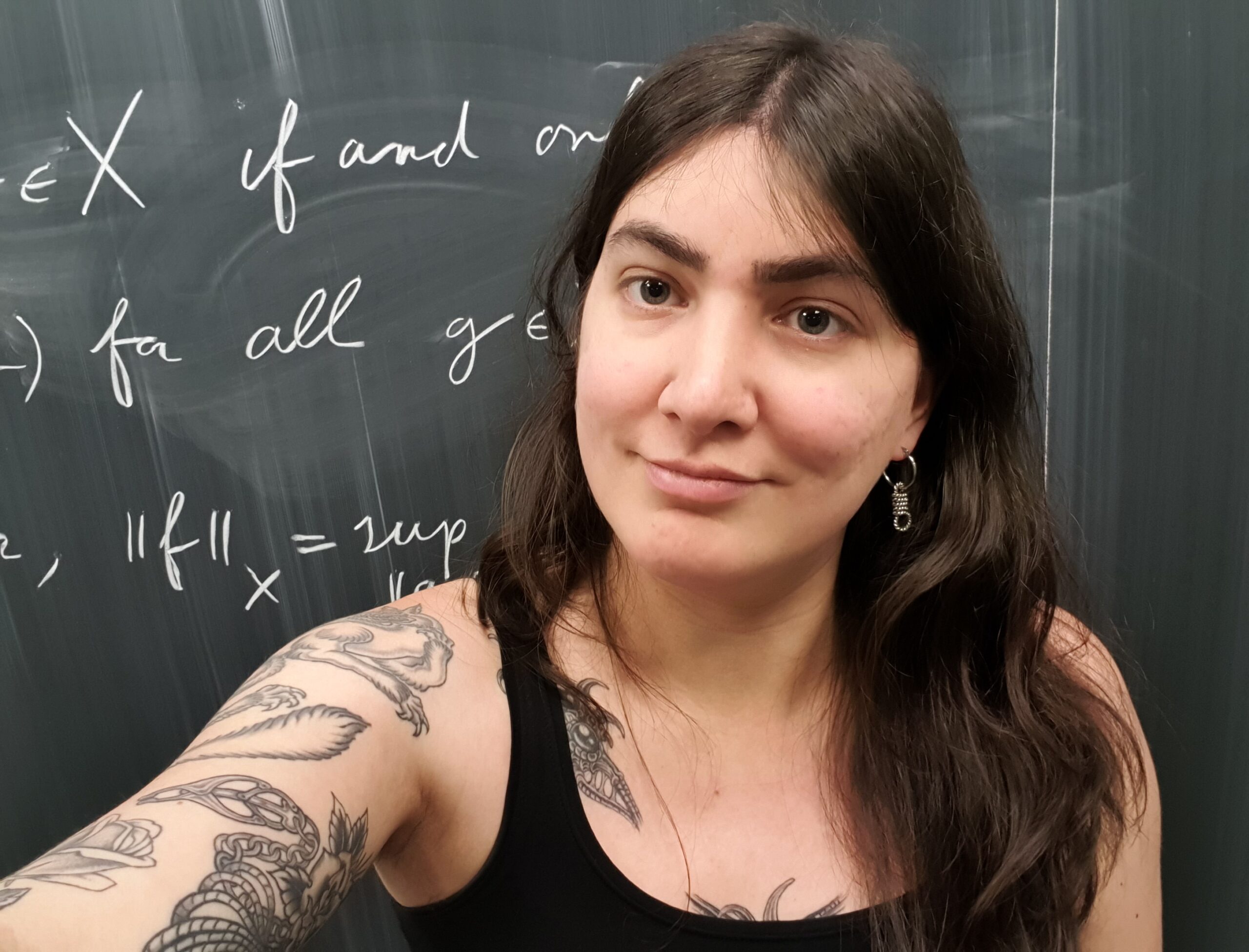

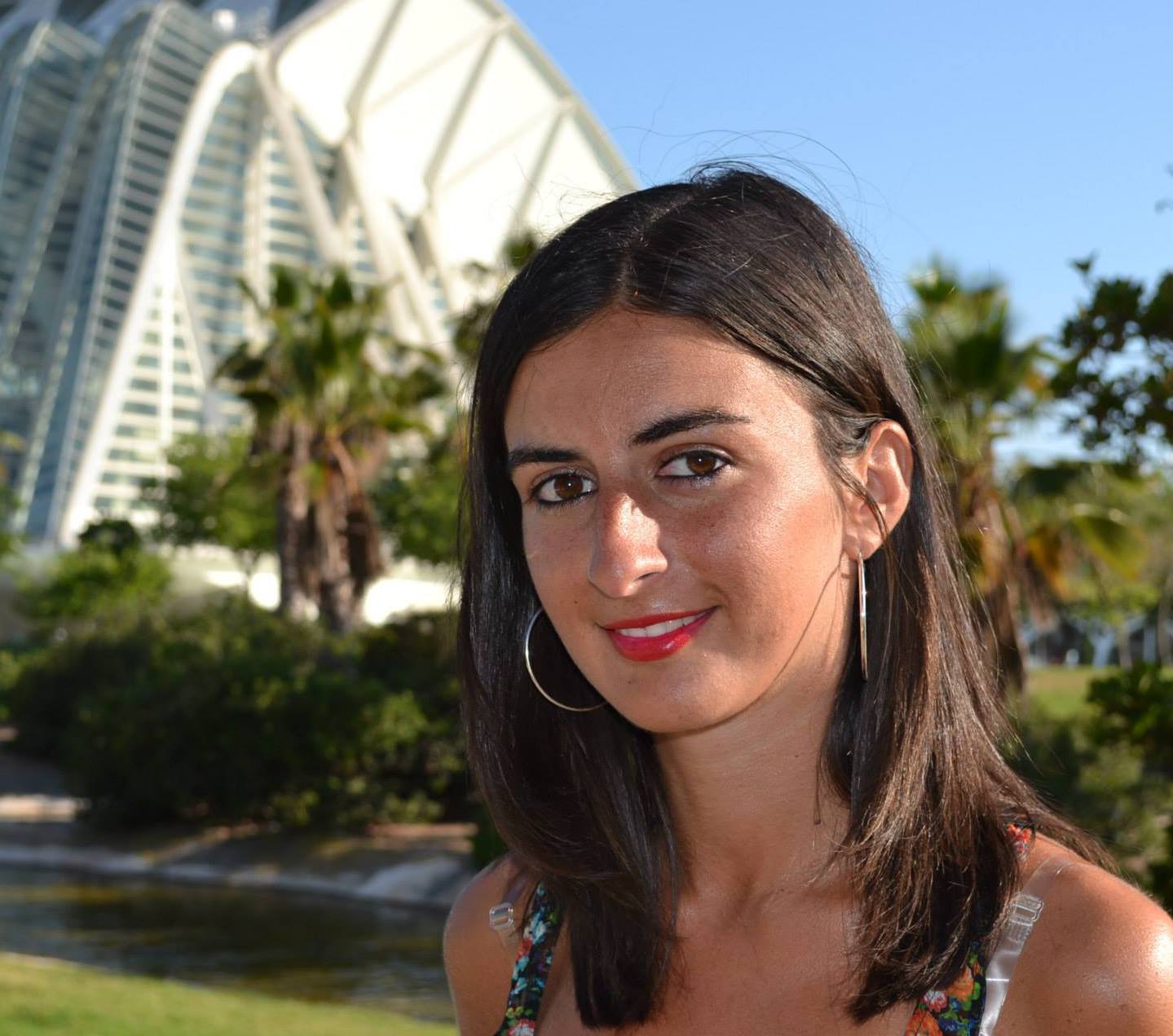
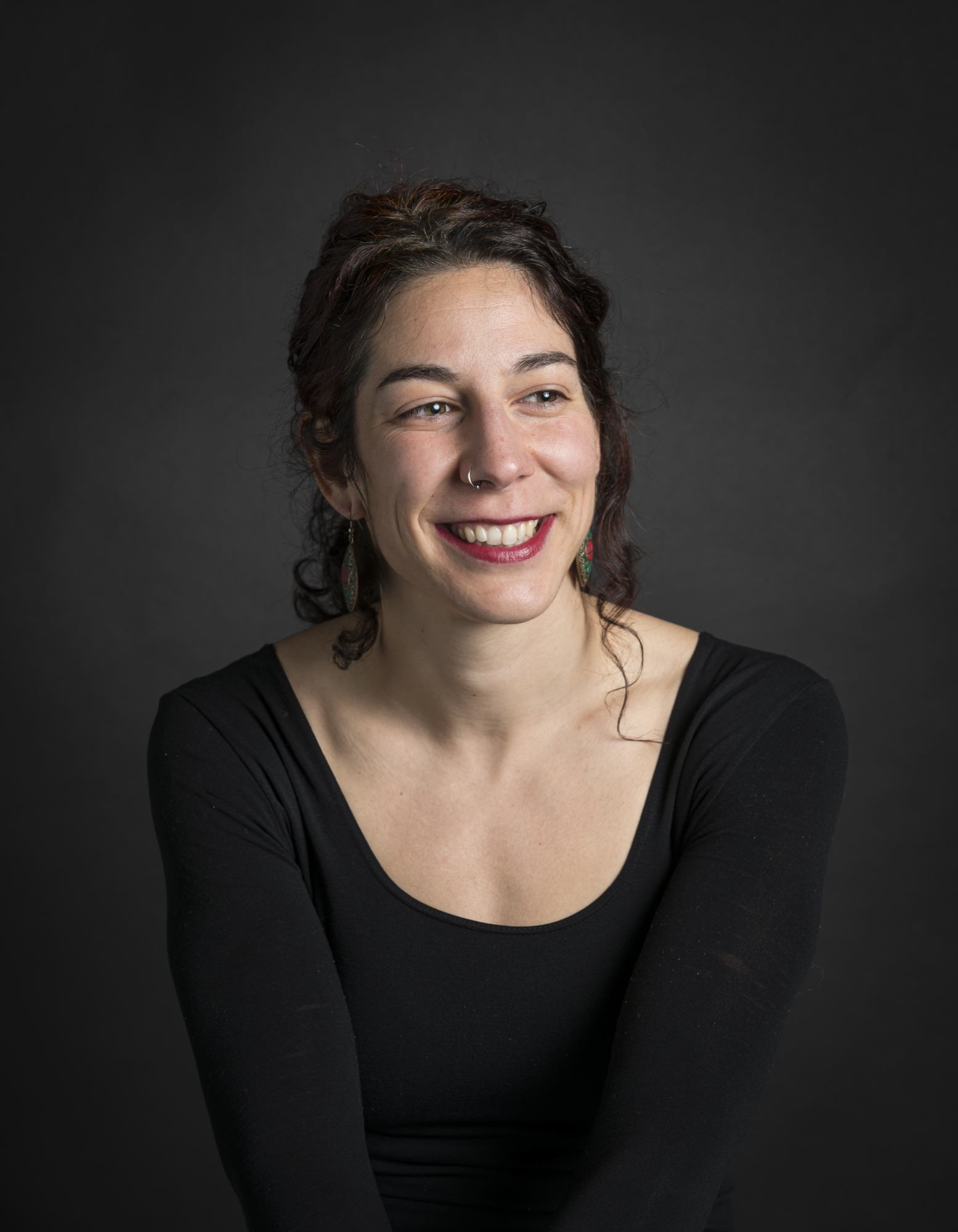
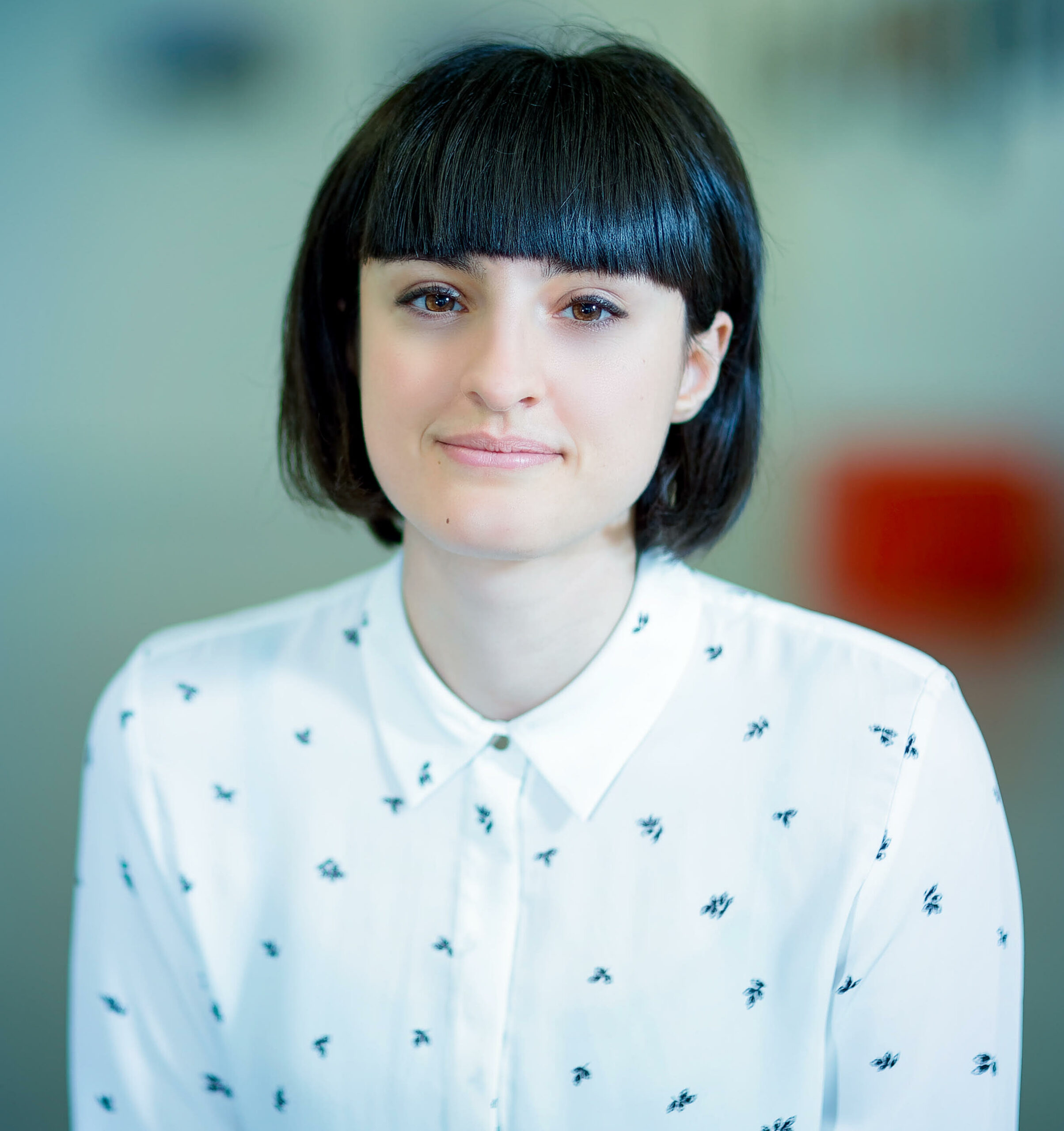
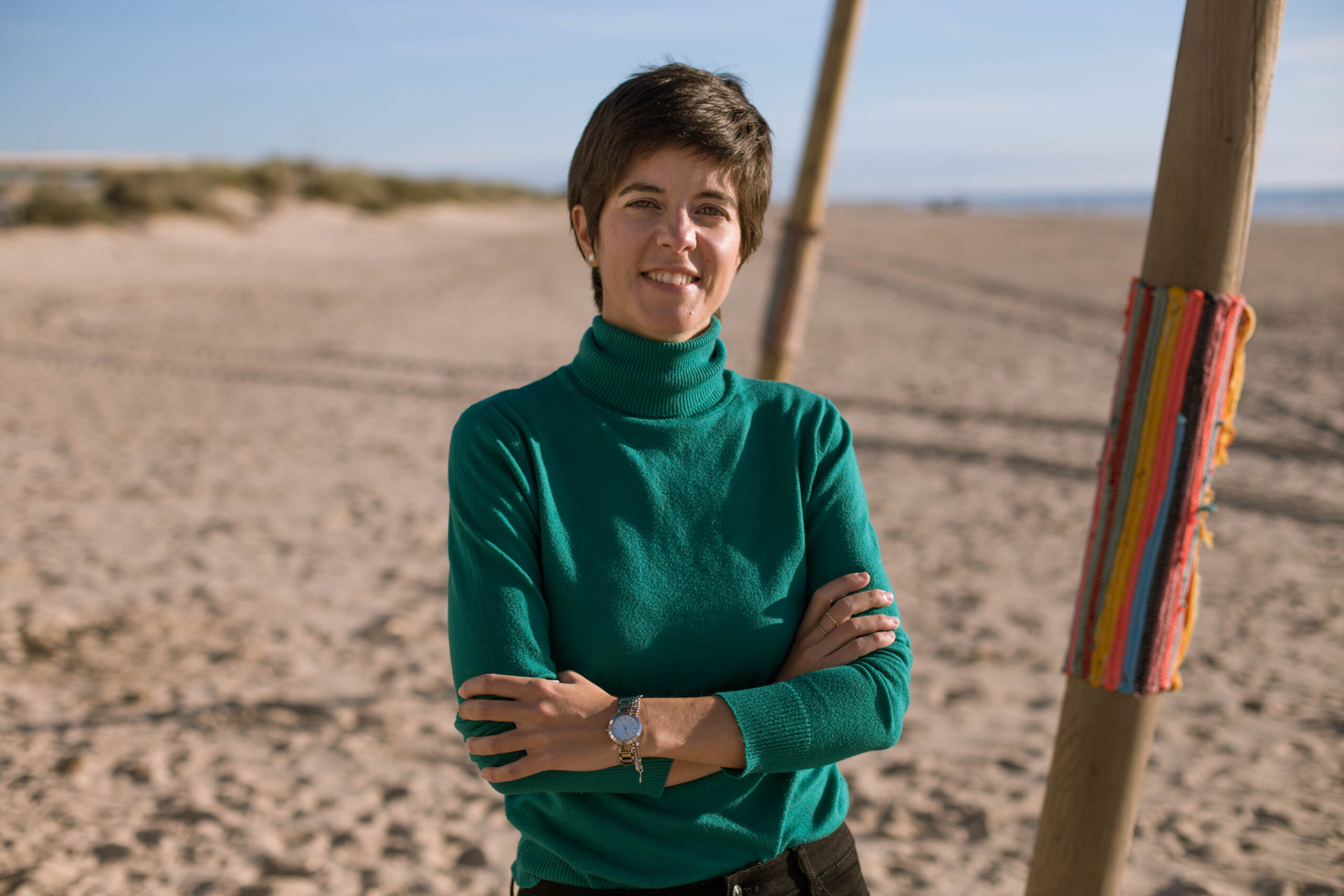
Recent Comments